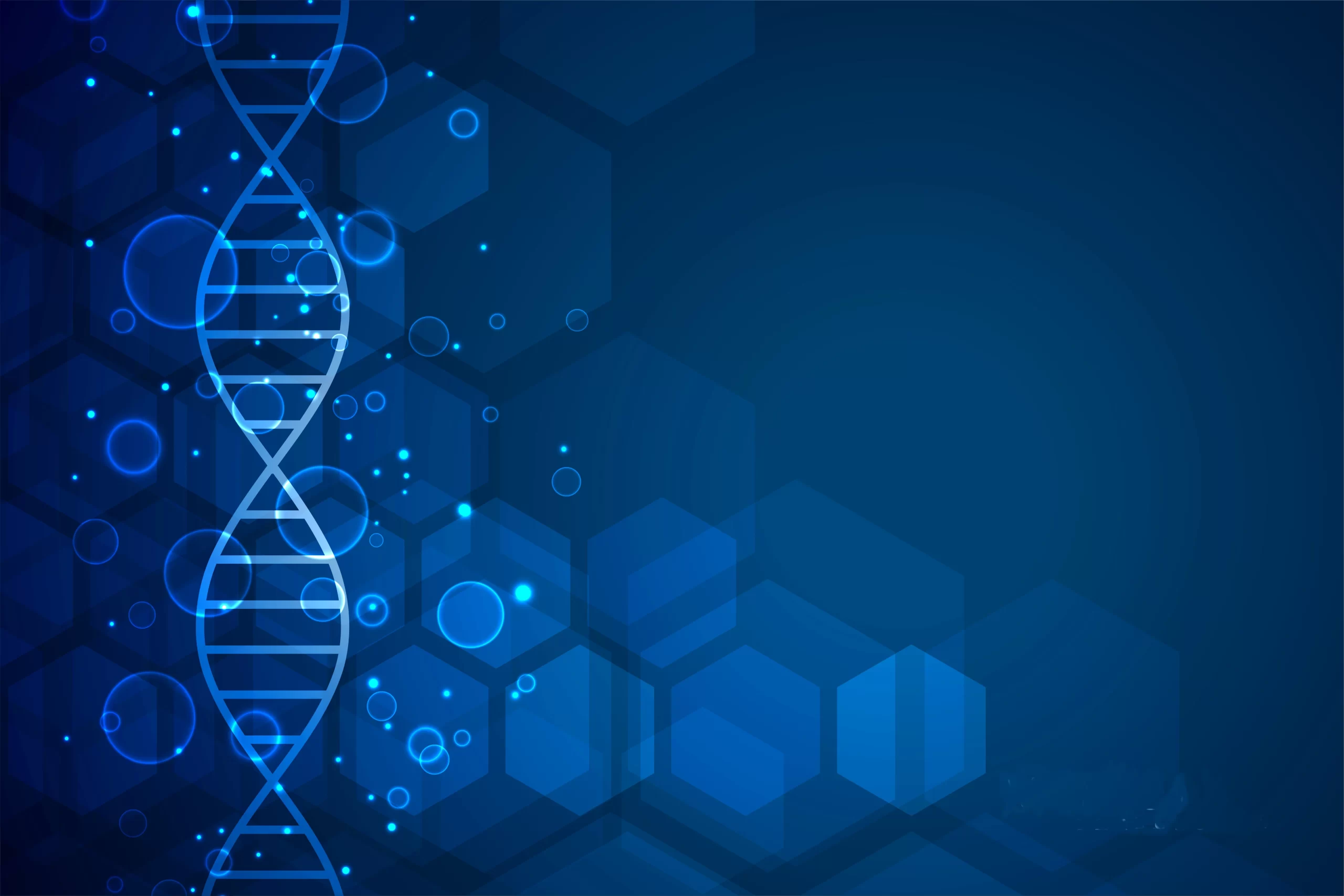
Neuromuscular Disorders in Children
As a paediatric neurologist, I specialize in helping children with neuromuscular disorders that affect their muscles, nerves, and overall movement.
What are Neuromuscular Disorders?
Neuromuscular disorders are conditions that affect the communication between nerves and muscles, leading to muscle weakness, paralysis, or other movement problems. These disorders can be congenital (present at birth) or acquired (developing later in life).
Types of Neuromuscular Disorders in Children
Muscular Dystrophy (MD)
Spinal Muscular Atrophy (SMA)
Duchenne Muscular Dystrophy (DMD)
Becker Muscular Dystrophy (BMD)
Congenital Muscular Dystrophy (CMD)
Neuropathies (e.g., Charcot-Marie-Tooth disease)
Symptoms
Muscle weakness or fatigue
Muscle cramps or spasms
Delayed motor milestones (e.g., sitting, walking)
Difficulty with speech or swallowing
Drooping eyelids or facial weakness
Abnormal gait or posture
Diagnosis and Treatment
Diagnosing neuromuscular disorders involves a combination of physical examination, medical history, and diagnostic tests (e.g., EMG, MRI). Treatment options vary depending on the specific condition and may include
Medications to manage symptoms
Physical therapy to improve mobility and strength
Occupational therapy to enhance daily functioning
Speech therapy to address communication difficulties
Surgery to address specific complications
Neuromuscular disorders can be challenging for children and their families, but with proper diagnosis and treatment, it's possible to manage symptoms and improve quality of life. Early intervention can significantly impact treatment outcomes, enabling your child to lead a fulfilling life. With proper care and support, children with neuromuscular disorders can thrive and reach their full potential.


